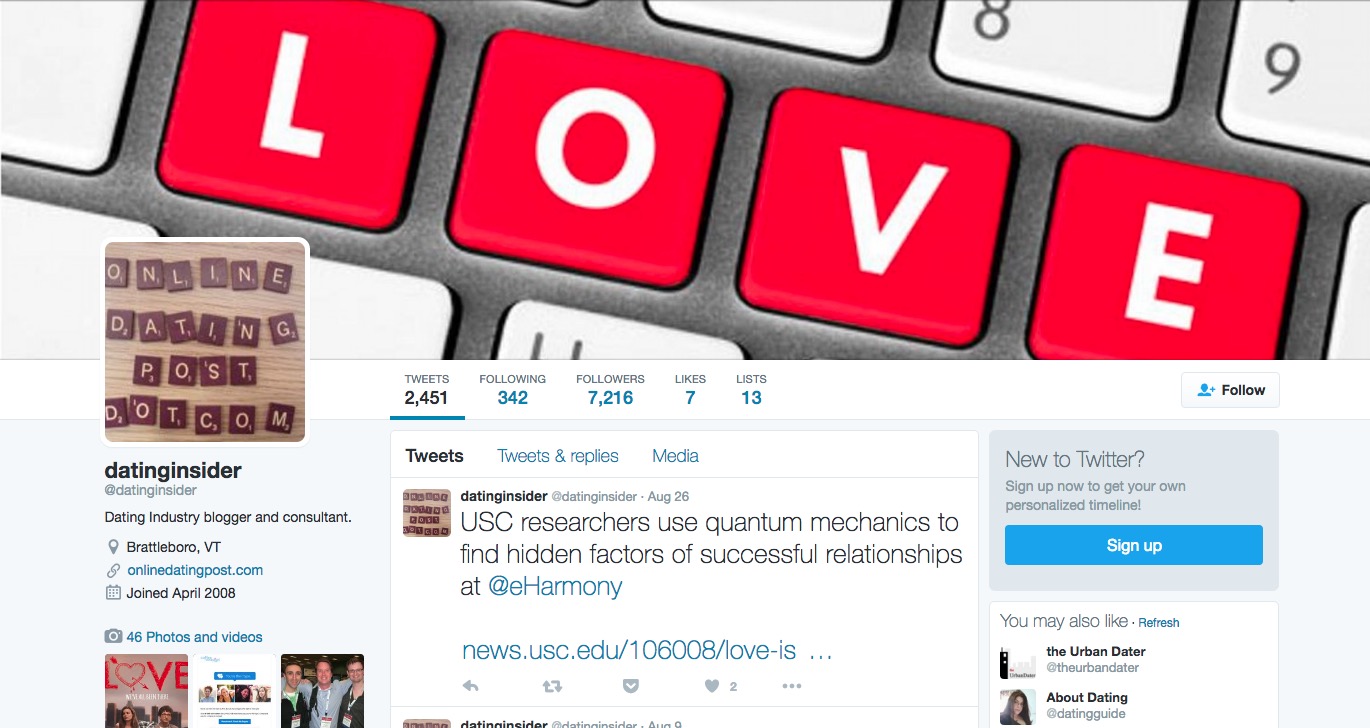iPhone developers like TAT are coming up with a number of remarkable augmented reality applications. The TAT Augmented ID app enables people to point their smartphone at a person and identity them immediately through a link to a special profile. The profile is contextual, you can set it to “after hours” or “work mode”, displaying only the information you want others to have access to, depending on the situation. Hopefully, you cannot be identified unless you have a profile linked to their system (opt-in 100%).
Would you rather be sitting at home rating random people you’re never going to meet in a Facebook application or do it in real-time while you are sending them a virtual gift from across the bar, conference room, or highway? Imagine for a moment all of the remarkable and stalker-ish behavior this will enable.
I engage is some of this behavior right now through Brightkite, Loopt, Skout and a few other Location-aware applications. But I’m not identifying people in close proximity in real-time. Side note, if you don’t use it, check out Foursquare, from the founders of Dodgeball. Something tells me this is going to overtake the apps I mentioned previously, because it gives people a goal, instead of just yammering on about where they are at any given moment, which gets tiring to listen to after a while.
Augmented reality has the potential to be incredibly dangerous, no matter what the creators say. They simply have no idea how the service can be hacked, mashed up with other personally identifiable information, etc. The services’ positive aspects will outweigh the negative, but only if companies pay close attention to implementing tools to respect people’s privacy in a simple to understand way and learn from user feedback.
Less Orweillean in nature, the Social Pond app is a novel way to visualize your social graph (group of friends, co-workers, family).

